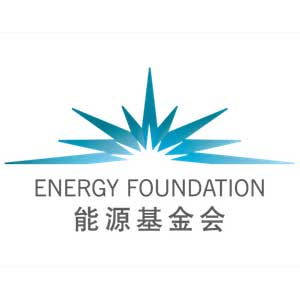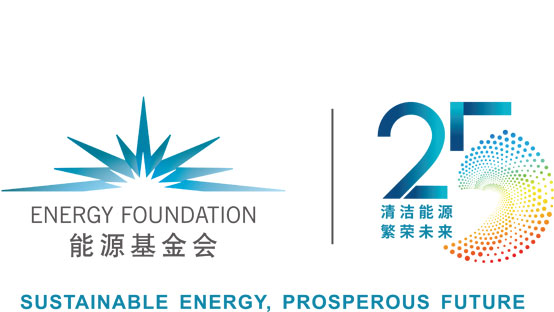Experts Discuss Coal Power Transition With China’s Energy Supply and Carbon Targets
In April 2023, the Coal Transition Task Force at Energy Foundation China (EF China) held a webinar about the future of coal power in China, as the country stives to secure its energy supply and achieve the carbon peaking and neutrality targets at the same time.
In her opening speech, Yu Han, Coal Transition Task Force Director said that “green development” and “stable supply” have become the buzzwords for coal after China’s annual “Two Sessions” in March 2023. However, field investigations showed that, energy-rich provinces hope to cultivate environmentally friendly supply chains by more consumption of local green electricity, as well as new growth engines such as wind-solar-hydrogen-storage systems and microgrids, according to her, who also said that following the principle of “building the new before dismantling the old,” China should curb investment in coal power, alleviate energy security anxieties, and reduce financial and credit risks caused by coal investment.
Yuan Jiahai, professor of the North China Electric Power University, explained three key issues: the reasons behind the recent acceleration of approval for coal power capacity in China, its impact on the county’s carbon goals, and possible responses from philanthropies. He pointed out that the room for coal power generation is actually limited. With China’s dual goals of carbon peaking and neutrality, the expansion of coal power capacity now would soon lead to severe losses of stranded assets and slow down China’s decarbonization process, he said. The current power system planning lacks a top-level strategy, while central and local state-owned enterprises apparently have diverging views on the new coal power capacity, according to him. In response, Professor Yuan proposed four steps to accelerate the power system transition: developing an longer-term transition plan of coal power through cross-sector collaboration, phasing down existing coal power capacity, utilizing financial tools to guide the coal power transition, and conducting pilot research in typical provinces.
Zou Ji, CEO and President of EF China, said that from the economics perspective, the power issue involves carbon emissions, coal consumption, assets, investment, local debts, and other long-term problems, thus requires policy solutions that address fundamental economic questions. He suggested improving the narrative building of coal power’s future and calling for a guiding document for the power industry, which specifies short, medium, and long-term goals, pathways, and actions. He also said that economic analysis can be used for energy security discussions. At the macro level, China should analyze the implications of stimulating fiscal and monetary policies on the energy industry, as well as the economic impact of the investment to coal power and coal mines; while at the micro level, China should focus on variables such as coal prices, electricity prices, financing costs, and the cash flow and reveal their impacts on different stakeholders, Zou Ji said.
Representatives from climate philanthropies also attended the webinar.





